Endangered Species Act protections are vital in preventing eventual extinction. Once listed, resources are funneled into their protection which would alleviate some of the perils they are currently facing. Logging in their habitat would likely be halted along with legal trapping / hunting being banned whilst the wolves are protected. It is imperative that we ban the trapping / hunting of these beautiful wolves, especially after reports state that half of the wolves in one particular population were lost to hunting. Federal protections would cease legal hunting and funnel resources into tackling illegal hunting as well. Wolves are incredibly vital to their ecosystem / habitat and are responsible for maintaining the natural balance. Predatory animals like wolves are often the targets of hunters but the risks associated with decimating predatory animals is rarely reviewed. When we remove predatory animals, herbivorous prey animals become abundant, which inevitably has disastrous outcomes on the ecosystem. This leads to culls which are often conducted when government organizations determine that there are too many of a species for an ecosystem to responsibly manage. The cycle of slaughter is perpetual and won't stop after we've pushed predatory animals like wolves to extinction. Our relationship with wolves specifically must change. When grey wolves were foolishly removed from the ESA by the Trump administration in January of this year, it was only a few months before individual states allowed for grey wolves to be slaughtered by the thousands. By allowing the slaughter of grey wolves to such a degree, these states effectively worked against almost 45 years of tireless conservation efforts to rehabilitate the species. How quickly humanity eagerly slaughtered grey wolves is proof that our relationship with wolves is skewed and needs to change if wolves have any chance of survival. ESA protections are not forever and if the story of grey wolves is any indication of what's to come, the Alexander Archipelago wolves will find themselves in peril once again after the protections are lifted. Wolves are important and deserve their existence as much as any other species. It is imperative that the US Fish & Wildlife Services issues necessary protections to them before they go extinct. Learn more through the link at the top of this post. HAPPY VEG
0 Comments
After years of continued pressure from activists, Canada Goose recently made the announcement that they will end the use of fur in their designs by 2023. The news was incredibly well received but left a lot of us with a sour taste in our mouths. Canada Goose made no mention of ceasing the use of goose down in their designs, another bone of contempt with activists who recognize the agony geese go through to produce these products.
Ceasing the use of fur is a good start, but it's hypocritical to ignore the cruelty and lack of sustainability behind torturing geese for down. Canada Goose is actively working against their own plans of moving towards a more sustainable future by ignoring the plight of geese who suffer tremendously for down. The only option is to cease the use of down in their products in favour of synthetic down products. Without doing so, they are simply baiting "conscious" shoppers who will recognize the ban of fur as some kind of revolution but will be completely ignorant to the suffering of geese. Canada Goose will never be a leader in sustainability if they choose to continue filling their jackets with the down of tortured geese. If you really think about it, who are they appealing to when they banned the use of fur in future designs? Likely, they're appealing to a base of consumers who refuse to wear animal products or see the cruelty involved in producing garments that utilize animals. By only banning 50% of the problem, are they actually going to reach any new consumers? In my opinion, all they've done is try to bait and goat consumers by acknowledging the ban on fur while ignoring the plight of geese. Canada Goose must ban the use of down in their designs if they intend to reach their targeted consumer base. They will never reach their target audience while continuing to torture and exploit geese, it's pretty simple. Follow the link at the top of this post to the original post from World Animal News where they've shared some ways you can reach out to Canada Goose and urge them to stop using down. HAPPY VEGAustralia's ag-gag laws are being challenged in court by reputable animal protection organization, Farm Transparency Project. The case aims to tackle the Surveillance Devices Act 2007, a law put into place to penalize activists who record and share evidence of animal abuse in New South Wales abattoirs, slaughterhouses, and farms. The laws heavily protect the meat industry and can slap fines and jail sentences of up to 5 years on activists who blow the whistle on documented instances of animal cruelty.
In my opinion, Ag-Gag laws are nothing short of an admission of guilt and a blatantly obvious attempt at preventing abuse from being exposed. Typically, when an industry would rather penalize you for exposing abuse than deal with and address these instances of animal abuse, there could be no bigger admission of guilt. What this tells us is that the animal-ag industry is tainted with cruelty and abuse above and beyond the traditional day in / day out workings of a slaughterhouse. We're talking about animals being kicked or punched, thrown, beaten, hit with weapons, strangled, mutilated, stepped on, or injured and left to die; none of which is standard protocol. Ag-gag laws want us all to believe that animals are treated fairly and live the happiest of lives leading up to their incredibly peaceful slaughter. Unfortunately, this is often so far removed from the truth and undercover investigations of slaughterhouses across the globe depict various instances of animal cruelty & abuse. By preventing the media or undercover investigations from reporting on animal abuse, the government is essentially condoning the abuse and cruelty and these laws aim to prevent us from knowing the true horrors of this undeniably cruel industry. Ag-gag laws are an admission of guilt. They are a way of shifting blame and allowing the abuse and cruelty to continue without affecting profits or allowing the public to make their own choices based on the information provided to them. What we need is more monitoring of these industries. We need transparency, proof that these industries are complying with animal welfare standards and not allowing unnecessary animal abuse. Ag-gag laws are disgusting and in fact, condone animal cruelty. It's time to reverse ag-gag laws and instead, address the shortcomings of an industry that capitalizes on abuse and death. HAPPY VEGHawaii has passed 7 new laws that will better protect animals. Here are a few notable new laws. BANNING THE SALE OF COSMETICS TESTED ON ANIMALSHawaii has passed a law banning the sale of cosmetics that were tested on animals. As we all know, cosmetics testing on animals is wholly unnecessary and subjects animals like mice & rabbits to repeated tests. These tests include having products rubbed on their skin to test for rashes or other skin irritations or having products dripped in their eyes. The process of testing cosmetics on animals is the definition of animal cruelty and Hawaii has made the right choice in banning the sale of cosmetics that put animals through hell. BANNING THE RELEASE OF BALLOONSA seemingly innocent activity that is often to celebrate someone's life after they've passed, is actually an environmental nightmare. What goes up, must come down, and that means that all of those beautiful balloons inevitably return to the earth as trash. There's potential for them to intercept power lines, become choking hazards for small children or animals, or end up in our oceans where marine species choke on them or become entangled. It's 100% time for this activity to be outlawed. BANNING THE SLAUGHTER OF SHARKS IN STATE WATERSThe shark fin trade is decimating shark populations across the globe. While there is no real way to accurately predict how many sharks remain in our planet's oceans, we can accurately count how many are slaughtered every year & that number hovers somewhere around 100 million. (source ocean.si.edu/) Sharks killed for their fins have been witnessed to have been discarded while still alive, either drowning or becoming prey for another predator, both of which are undoubtedly cruel in nature. We must protect sharks! PROTECTING VETERINARIANSVeterinarians will now be protected from liability in providing emergency treatment to animals and will also now be required to report suspected animal cruelty while protecting them from liability for doing so. This is crucial in truly tackling animal abuse / cruelty. If veterinarians are in a position where they can be sued for reporting suspected abuse, it sends the message that animal cruelty is above the law and allows abuse to continue undocumented. Head to the link at the top of this post for the original story from World Animal News. Congratulations goes out to Hawaii for making a true commitment to animal welfare. HAPPY VEG13 elephants currently residing at Howlett's Wild Animal Park in Kent, England, are set to make a nearly 7, 000 km journey to Kenya where they will be released into the wild. The aim of the project is to discourage the global trade in elephants and encourage others to release them to the wild where possible. This will be the very first time in our history that elephants have been transported by air on a journey this long to be "rewilded".
Poaching of elephants continues to be an issue throughout Africa while conflicts with humans continue to rise. Elephants are facing habitat loss which is causing them to trample through village sin search of food and water. These conflicts can result in elephant injuries or worse, even death as elephants struggle to find food and water. Their habitat continues to shrink as human growth continues at a rapid pace which means more land will continue to be taken from them. I find myself wondering with all of the perils that elephants are facing in their natural habitats, will they truly thrive once released? These are elephants that have only ever know contact with humans so I fear that they will be unable to adapt to the perils that humans have caused for them. I want to believe that they will be safe and will thrive once they reach Kenya, but as I report frequently on stories from Africa involving poaching and the illegal wildlife trade, I fear that there's a possibility that these elephants could end up as casualties of the poaching industry. While numbers continue to go down in terms of elephants poached on an annual basis, the fact is that the illegal wildlife trade is thriving and ivory continues to dominate the black market. While these factors continue to be prevalent, elephants are not safe and will be in continued danger of being executed. Especially in the case of relatively tame elephants, will they understand the dangers they face or will the simply be easy targets for poachers? It's hard not to be cynical considering the dangers elephants continue to face. While I strongly support the release of any captive elephants, I also worry for their safety. I applaud the UK and advocacy groups involved in this initiative and I will update on this story as more information becomes available. What do y'all think? Do you think these elephants will be safe or do you believe that their human interaction through the years will make them susceptible to being poached? HAPPY VEGNotorious rhino poacher Alsony Alberto Valoyi was recently sentenced to 23 years in a South African prison after being convicted of multiple crimes related to rhino poaching. 3 more suspects have also been arrested and are awaiting charges / trial for their participation in the poaching of rhinos. In total, a whopping 25 incidents involving potential poaching with protected rhinos on the Kruger National Park have occurred within a span of only 7 days, indicating that the plight of rhinos is far from over.
While we must applaud the decline in poaching and celebrate the tireless efforts of South African authorities in protecting rhinos and arresting poachers, there could be many factors at play in that decline. For example, covid-19 likely prevented a lot of travel to South Africa which would have likely kept out potential trophy hunters / poachers. Will that number increase again when travel is reinstated? We can only hope that the continued decline in annual rhino poachings are indicative of change but it's concerning that we are still seeing so many poachings on protected lands. Ivory fuels a serious demand for rhino / elephant poaching. The allure of hitting the jackpot motivates those who see dollar signs and are willing to literally risk their lives to obtain ivory at any cost. Poachers have been shot and killed, arrested, or engaged in gun fights with anti-poaching units regularly, risking their lives for a chance at financial freedom. While we must obviously hold them accountable, the bigger picture is the continued value placed on ivory. I've said this multiple times before, but the only option is to devalue ivory on a global level and put all of our resources towards anti-poaching initiatives. We're talking about only 3, 800 rhinos remaining, that number is frighteningly low and as we know, extinction is permanent. Congratulations to South Africa on their continued succes sin tackling poaching but more work is still to be done if we intend to rehabilitate rhinos before they face extinction. Devalue ivory, ban ivory from being exported / imported globally, and increase anti-poaching forces. Rhinos depend on us to protect them before they go extinct. HAPPY VEG |
Stay educated and remain involved in animal welfare. Together, we can all make a difference!
Archives
April 2024
Categories |
Proudly powered by Weebly
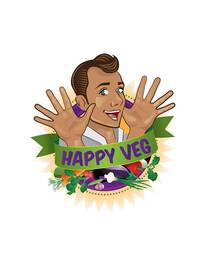
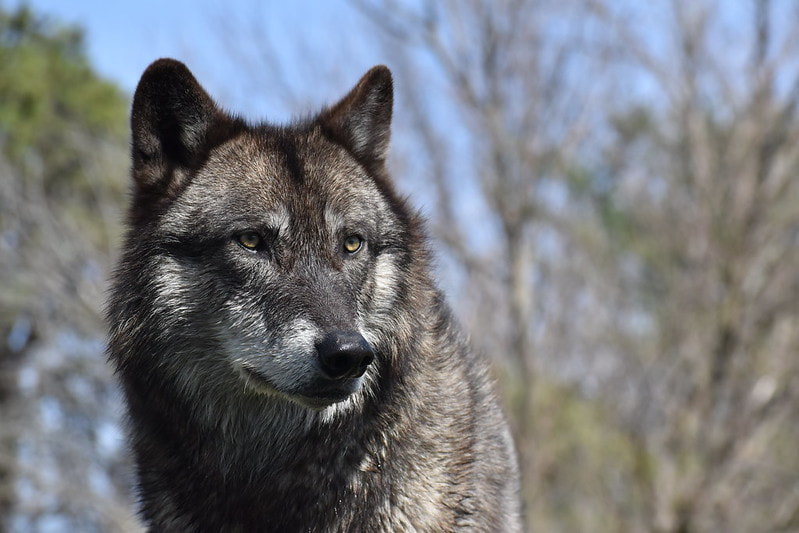
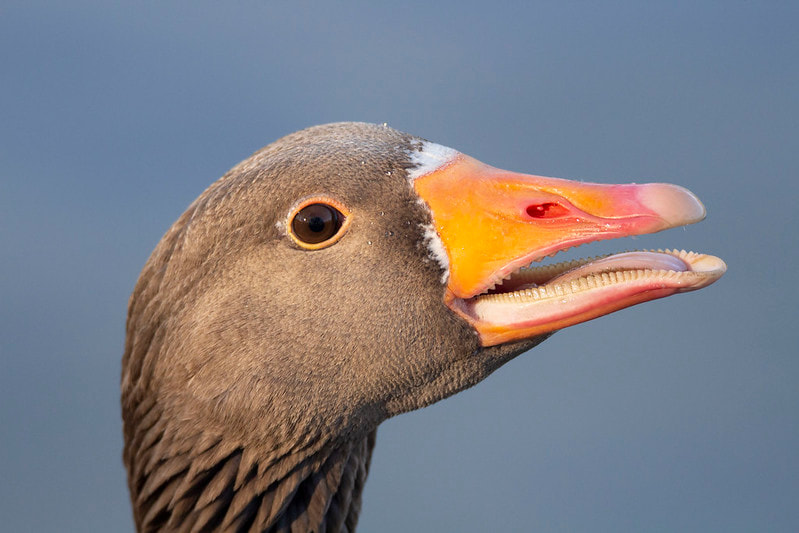
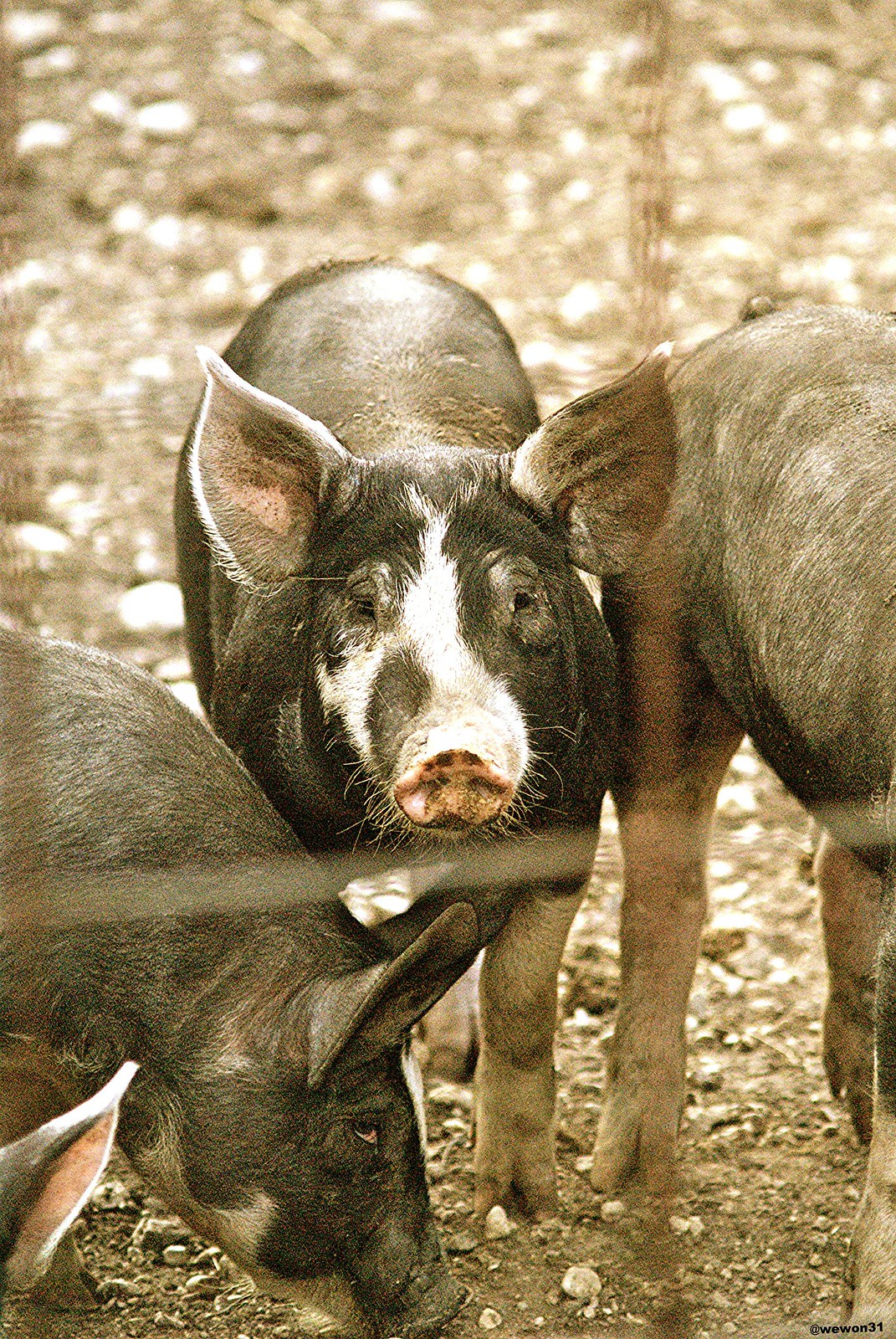
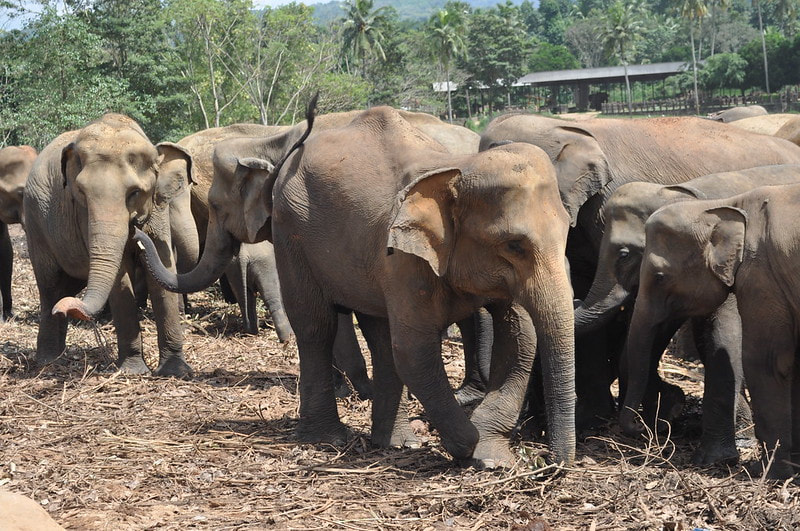
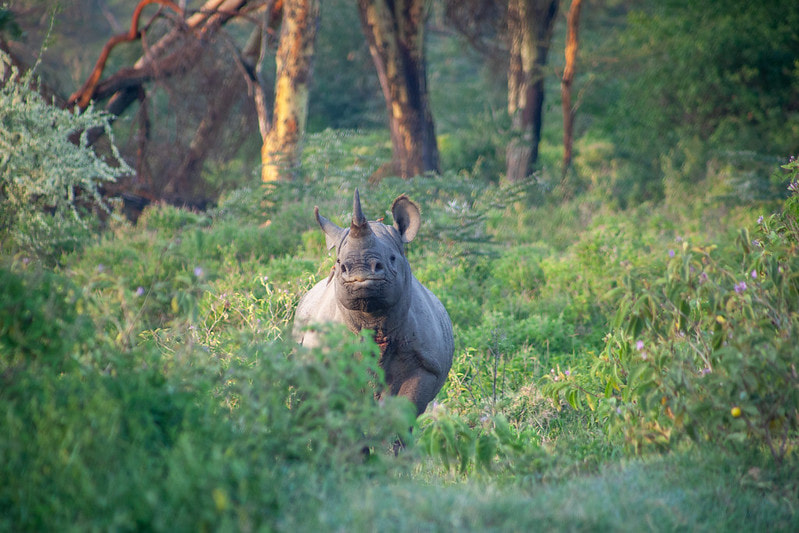
 RSS Feed
RSS Feed